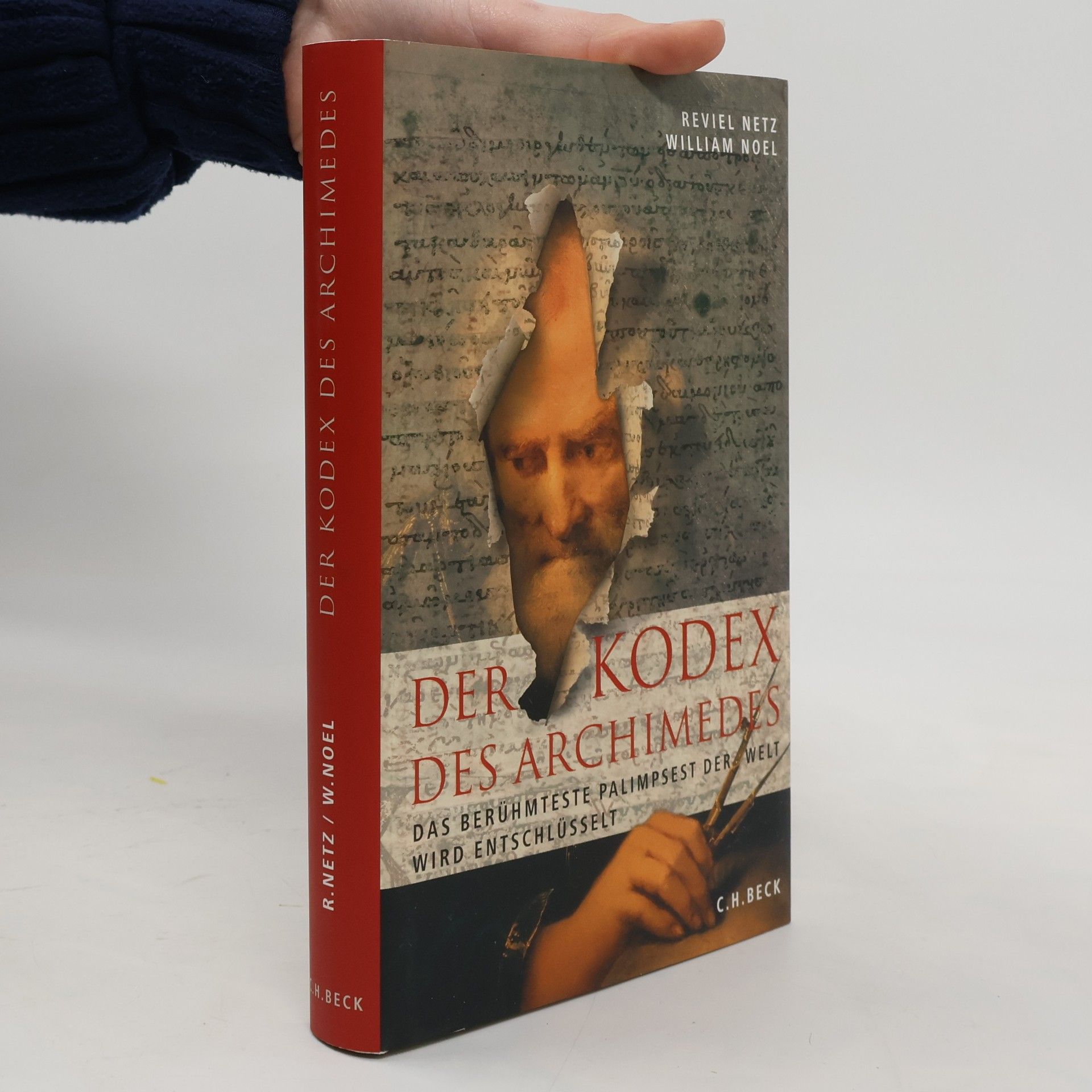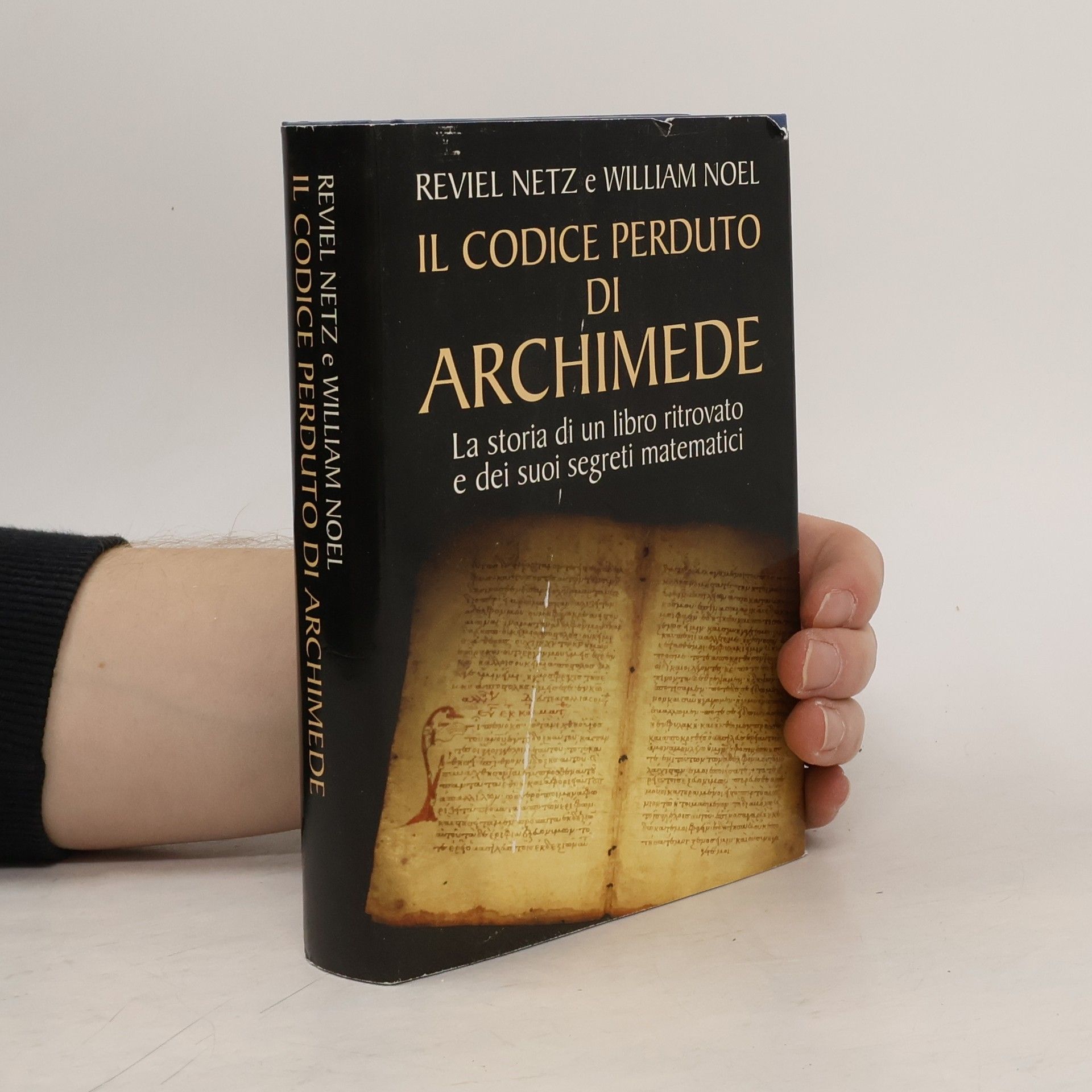Der Kodex des Archimedes
- 302 Seiten
- 11 Lesestunden
Die Entzifferung einer verschollen geglaubten Handschrift stellt unser wissenschaftliches Weltbild auf den Kopf. Ein packender Wissenschaftskrimi, der den legendären Mathematiker Archimedes in einem völlig neuen Licht zeigt. Unlängst wurden in einem Gebetbuch für Mönche aus dem 13. Jahrhundert verloren geglaubte Texte und Zeichnungen des antiken Mathematikers Archimedes entdeckt. Die verborgenen Handschriften, die von Wissenschaftlern nun allmählich wiederhergestellt und lesbar gemacht werden, zeigen, daß Archimedes vor 2200 Jahren Überlegungen anstellte, die seiner Zeit und selbst einem Isaac Newton weit voraus waren. Archimedes hat den Wert der Zahl Pi entdeckt, eine Theorie der Gravitation aufgestellt und die Wahrscheinlichkeitsrechnung vorweggenommen. Alles, was wir über Archimedes wissen, den viele für den größten Mathematiker aller Zeiten halten, geht auf drei Handschriften zurück, von denen zwei verschollen sind. Die dritte ist dieses Palimpsest - der ursprüngliche Text wurde abgeschabt, das Buch zerpflückt und das Pergament sodann neu beschrieben. William Noel, der Kurator des Museums, das den Kodex des Archimedes aufbewahrt, und Reviel Netz, ein Wissenschaftshistoriker, erzählen die fesselnde Geschichte der Entdeckung und Entzifferung des unschätzbar wertvollen Textes und erklären, warum er so bedeutend ist. Ihr Ergebnis lautet: Die Geschichte der Wissenschaft und der Mathematik muß neu geschrieben werden.




